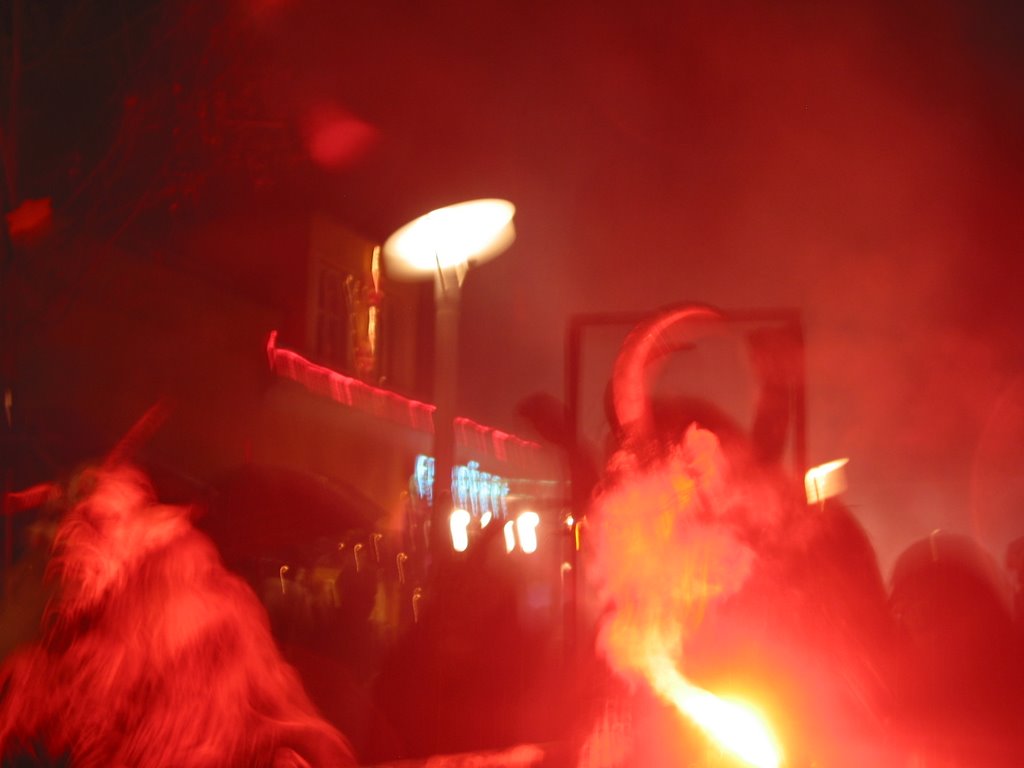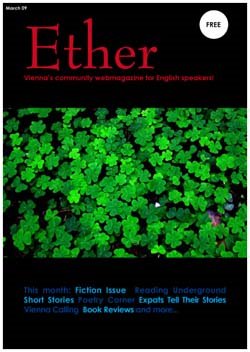Writers in Prison Committee
15 November 2008 – Day of the Imprisoned WriterChina
Tibetan writer and poet Tsering Woeser (f)
Tibetan writer and poet Tsering Woeser is among a growing number of banned writers in China. Whilst not actually detained, she has suffered repeated and sustained harassment since 2004, including brief detentions, periods of house arrest, travel restrictions, loss of work, denial of access to information and communications, heavy surveillance and censorship. International PEN’s Writers in Prison Committee is therefore calling upon its members to protest the restrictions imposed Tsering Woeser, and demand that she is allowed to live and work freely, in accordance with Article 19 of the International Covenant on Civil and Political Rights, to which China is a signatory.
Award-winning Tibetan writer and poet, Woeser was born in 1966 in Lhasa, Tibet Autonomous Region, where her father was a soldier in the People’s Liberation Army. As a child of the Cultural Revolution, she was raised and educated entirely in the Chinese language, and never learned to read or write in her native Tibetan. Ironically, it is this that has enabled her to be such an influential voice, and she is said to be the first Tibetan to have played the role of a public intellectual in China. She writes to both a Han (Chinese) and a Tibetan audience, and her writings are said to give public expression for the first time to the emotions and experiences of a people and a culture previously hidden from the mainstream.
Woeser studied Chinese literature at the Southwest Nationalities College in Chendu, and began her professional career as a reporter for the Gardze Daily newspaper in the province of Kham, Sichuan province, western China. In March 1990, she became editor of the Lhasa-based Chinese-language literary journal Tibetan Literature. This was the start of her political awakening. She began writing poetry, and read translations of foreign books smuggled into Tibet critical of the Chinese government. Woeser’s first book was published in 1999, a collection of poems entitled Xizang Zai Shang (Tibet Above). She soon became a highly acclaimed and prolific writer in Chinese. Through her education, journalistic training and literary expertise, Woeser became a member Tibet’s ‘Chinese Writers’ Group’, a small literary elite of Tibetans writing in the Chinese Ianguage.
Woeser’s troubles began with her second book Xizang Biji (Notes on Tibet), a collection of short stories and prose published in Guanzhou in January 2003. The book was a best-seller in China, and was banned in September of that year for revealing opinions ‘harmful to the unification and solidarity of our nation’. In June 2004 she was dismissed from her position at the Tibet Autonomous Region Literature Association, and left Lhasa for Beijing in order to ‘follow her conscience as a writer’. She continues to write from a small Beijing apartment where she lives with her husband, writer Wang Lixiong, posting poetry and essays on Tibetan culture on the Internet and publishing her books in Taiwan. In mainland China her books are banned, her two web-logs have been shut down, she is unemployed and her movements are sometimes restricted. Yet she has become widely known as one of China’s most respected writers on Tibet.
What You Can Do
Send appeals protesting the harassment of dissident writer Tsering Woeser and urging that she is allowed to live and work freely without restriction and fear of attack, in accordance with Article 19 of the International Covenant on Civil and Political Rights, to which China became a signatory in 1998.
Appeals to:
His Excellency Hu Jintao
President of the People’s Republic of China
State Council
Beijing 100032
P.R.China.
Please note that there are no fax numbers for the Chinese authorities. WiPC recommends that you copy your appeal to the Chinese embassy in your country asking them to forward it and welcoming any comments.
Please copy appeals to the diplomatic representative for China in your country if possible.
Letters to the press:
The present press interest in China following the Olympic Games in Beiing makes the concerns for women writers in China more likely to be picked up by the press. Centres are encouraged to use the material provided to publish articles in your local press.
For further information please contact Cathy McCann at International PEN Writers in Prison Committee, Brownlow House, 50/51 High Holborn, London WC1V 6ER, Tel.+ 44 (0) 20 7405 0338, Fax: +44 (0) 20 7405 0339, email: cathy.mccann AT internationalpen.org.uk
Night in Lhasa
by WOESER (translated from the Chinese, translator unknown)
Lhasa! an imaginary night
A few lotus flowers never blooming
A few glasses easily broken
A few people, this demeanor given by
whom, make the flowing feast
a paradise of self-exile
Those unseen torrential tears
are only for a loved one who cannot stay
Lhasa! a sorrowful night
A few bluebirds never singing
A few coats covered with dust
A few people, these diseases spread by
whom, make the fleeting moments
pools of drowned self-expression
Those innumerable bewitching images
cannot call back a lost loved one!
Lhasa! a rare night
A few affections never arriving
A few bloodlines gradually intermixed
A few people, like what kind of
lightning, make the overarching pre-ordinances
the fated chance of affinitive coalescence
Yet, amidst that never ending transformation
I wish you will ever be my loved one!





